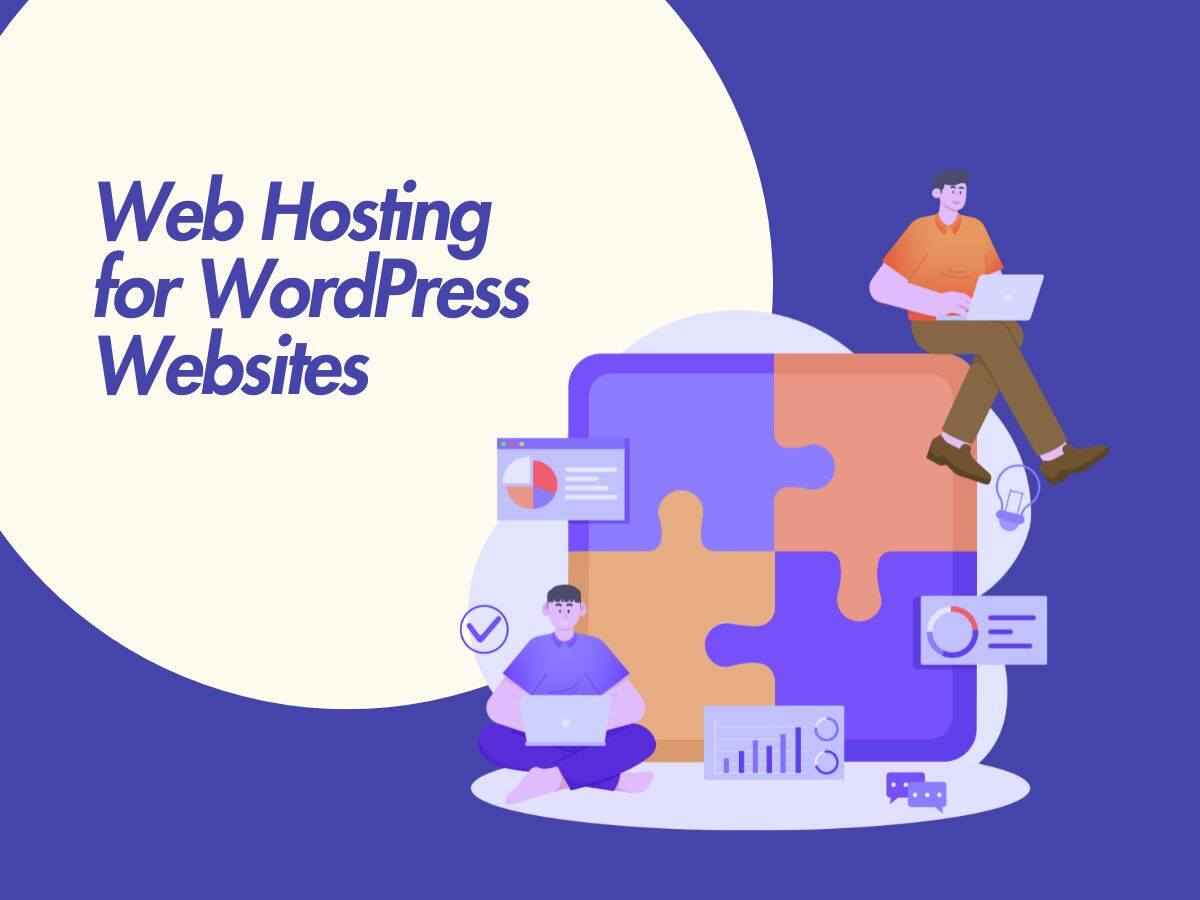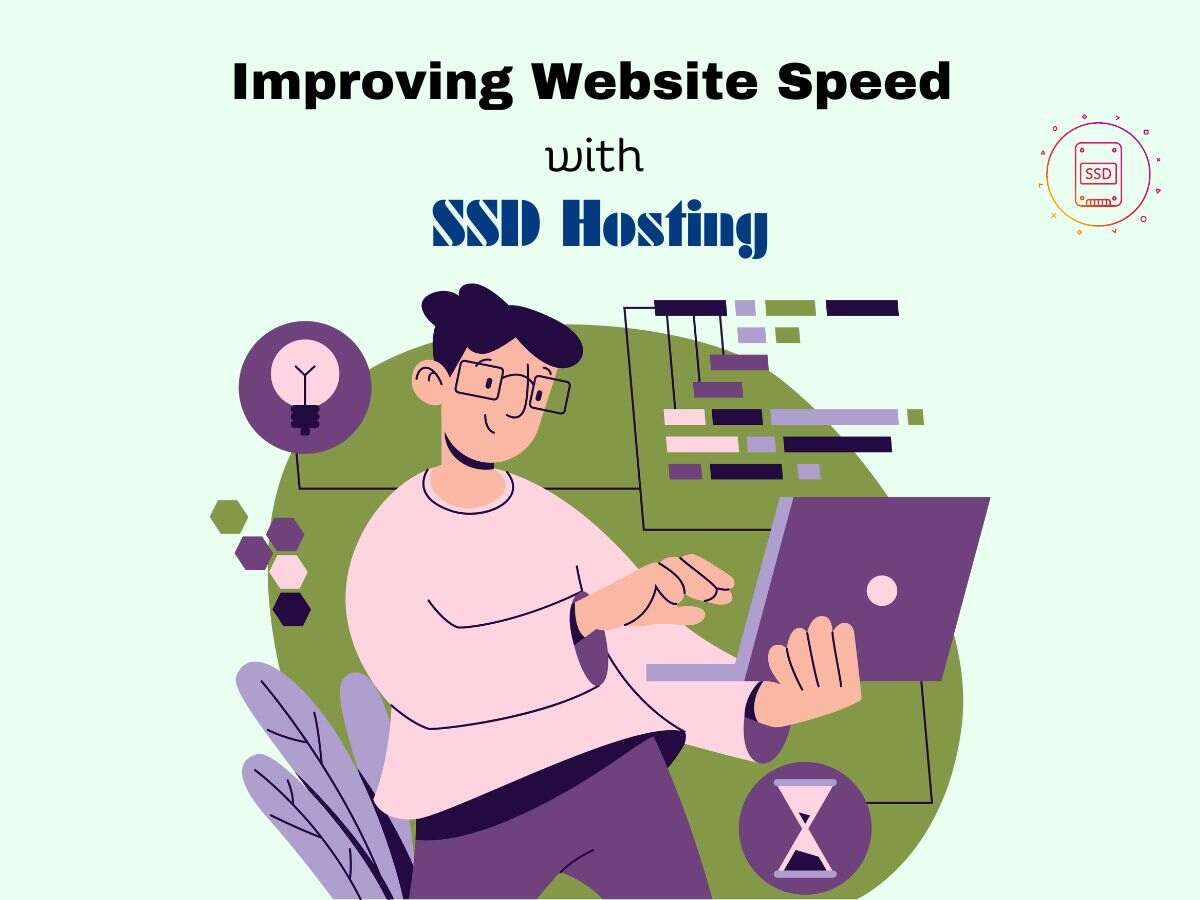
Web Hosting for WordPress Websites
As one of the most popular content management systems (CMS) in the world, WordPress powers millions of websites, offering users powerful features and a user-friendly interface to design and deploy their sites. One essential aspect of any WordPress website is choosing the right web hosting plan. In this blog post, we will discuss the various types of web hosting suitable for WordPress websites, and the factors to consider when selecting the ideal hosting solution.
Types of Web Hosting for WordPress Website
There are several types of web hosting available for WordPress websites, each offering different features, performance levels, and price points. Here are the most common:
Shared Hosting
In shared hosting, multiple websites reside on a single server, sharing its resources, such as storage, bandwidth, and processing power. This type of hosting is suitable for small to medium-sized WordPress websites with relatively low traffic.
Pros:
* Affordable, as the costs are shared among multiple clients
* User-friendly and straightforward to set up
Cons:
* Limited server resources, which may lead to slower performance during traffic spikes
* Potential security risks due to sharing the server with other websites
Virtual Private Server (VPS) Hosting
VPS hosting involves partitioning a physical server into multiple virtual servers, providing each website with a dedicated portion of server resources. VPS hosting is a suitable option for medium to large WordPress websites or those requiring more control over their server environment.
Pros:
* More server resources than shared hosting, resulting in better performance
* Increased control and customization options for your server environment
Cons:
* More expensive than shared hosting
* Requires some technical knowledge for effective server management
Dedicated Hosting
Dedicated hosting provides an entire server dedicated to your WordPress website. This type of hosting is ideal for large-scale websites with high traffic or those requiring maximum security and control.
Pros:
* Access to all server resources, resulting in top-notch performance
* Unparalleled control and customization options for your server environment
Cons:
* Significantly more expensive than shared or VPS hosting
* Requires advanced technical knowledge for server management
Managed WordPress Hosting
Managed WordPress hosting is a specialized hosting service designed specifically for WordPress websites. In this type of hosting, the provider takes care of essential server management tasks, including updates, security, and performance optimization, enabling you to focus on your content and business.
Pros:
* WordPress-specific optimizations for enhanced performance
* Technical support from WordPress experts
Cons:
* Typically more expensive than other hosting options
* Less control over your server environment as compared to VPS or dedicated hosting
Factors to Consider When Choosing Web Hosting for Your WordPress Website
When selecting a web hosting plan for your WordPress website, consider the following factors:
1. Performance: Assess the performance levels offered by the hosting provider, such as storage, bandwidth, and processing power. Additionally, examine if they employ SSD storage, which is faster than traditional storage.
2. Reliability and Uptime: A reliable web host should guarantee at least 99.9% uptime, ensuring your website remains accessible to visitors around the clock.
3. Scalability: Choose a web host that allows you to upgrade or downgrade your hosting plan based on your needs, ensuring you have access to the necessary resources as your site grows or experiences traffic fluctuations.
4. Customer Support: Ensure that the hosting provider offers responsive and knowledgeable customer support, as this will be invaluable if you experience any issues with your website.
Conclusion
Selecting the right web hosting solution for your WordPress website is crucial for its performance, security, and success. By carefully considering your website’s specific requirements and evaluating various hosting options, you can find the plan that suits your needs and budget. Keep in mind that as your website grows and evolves, your hosting requirements may change, so choose a provider that can accommodate your scaling needs in the future.







